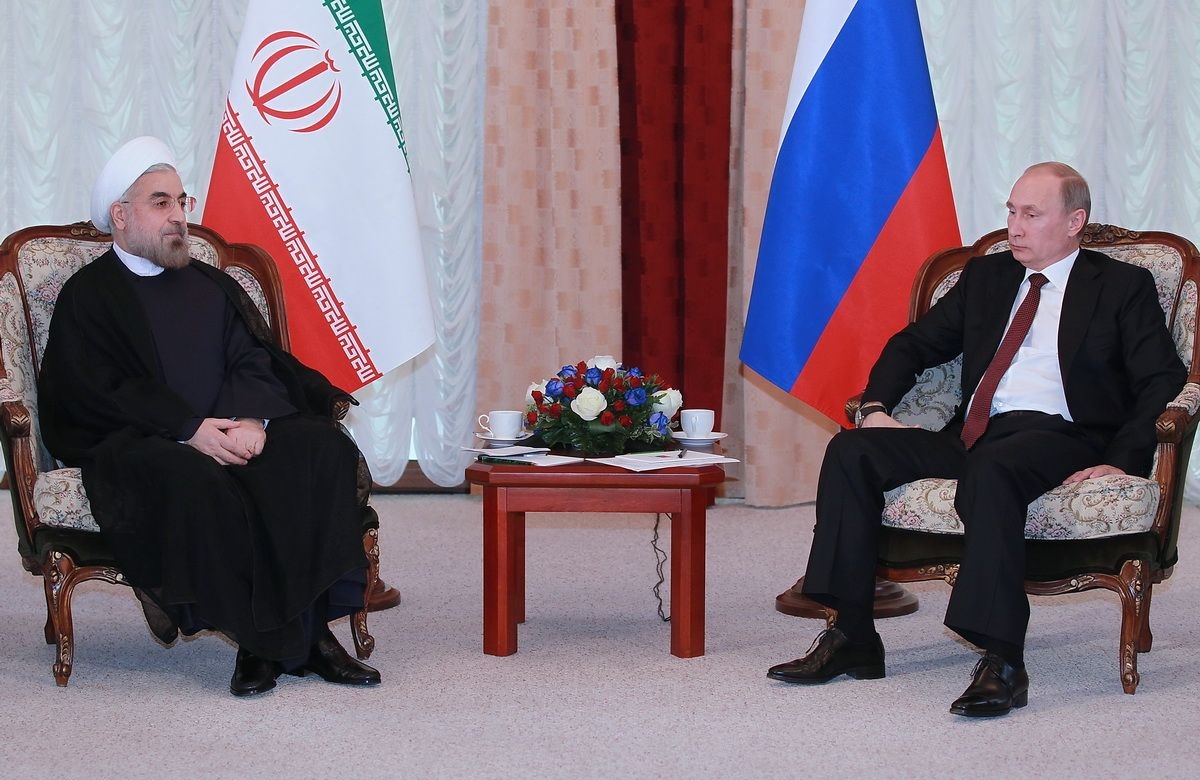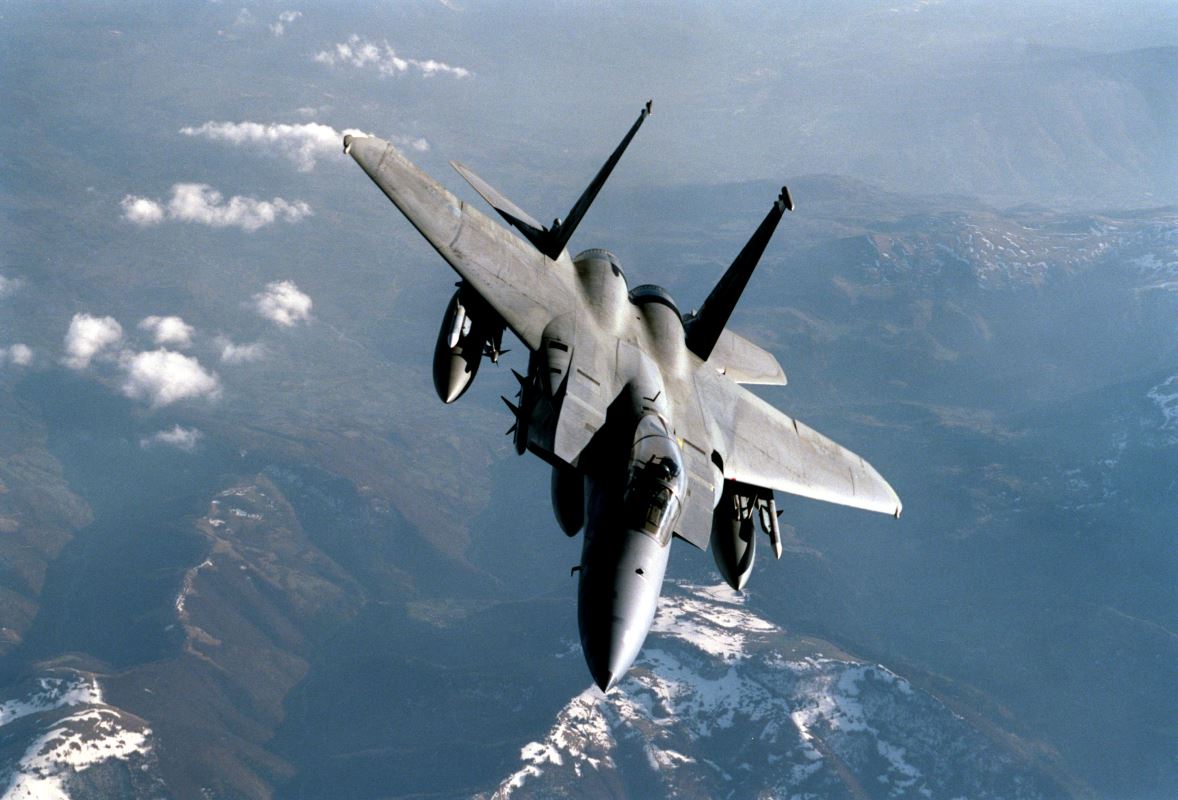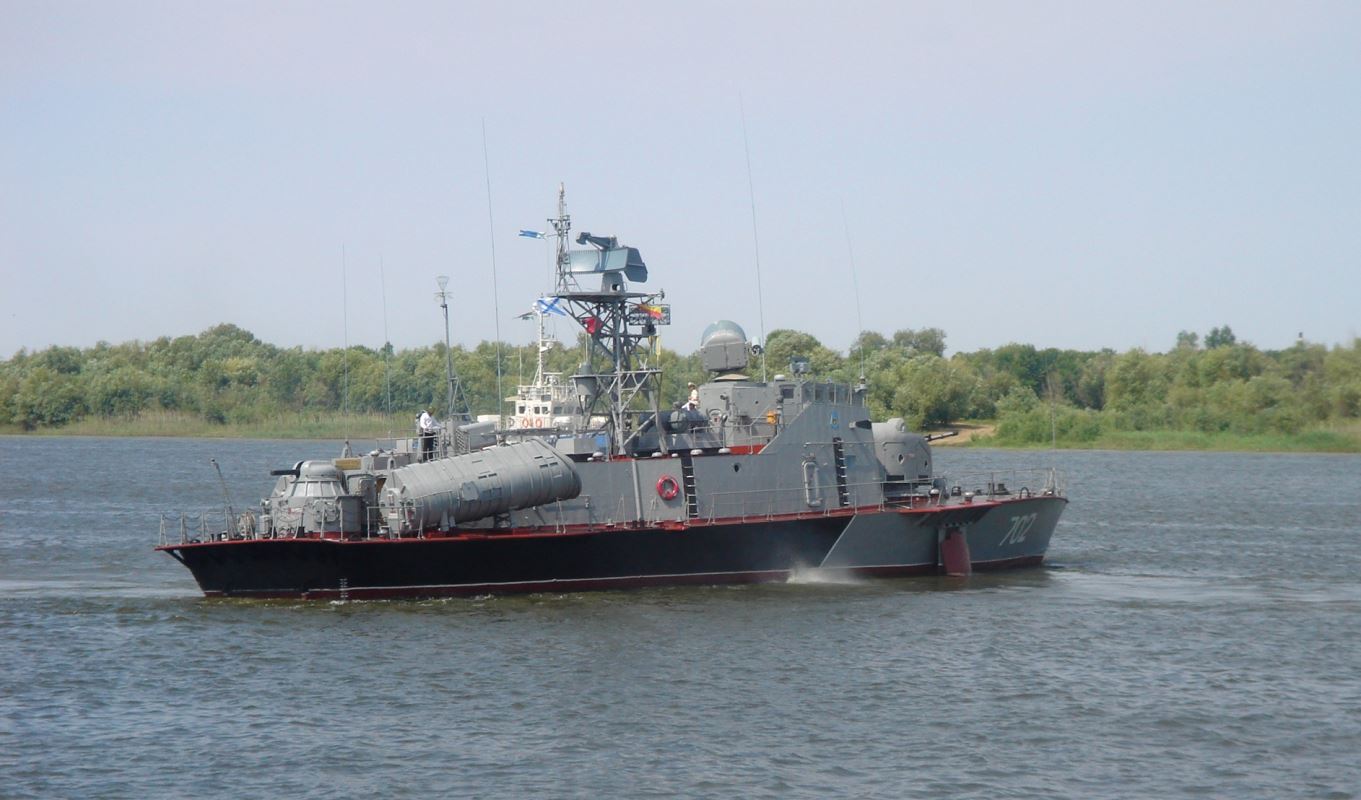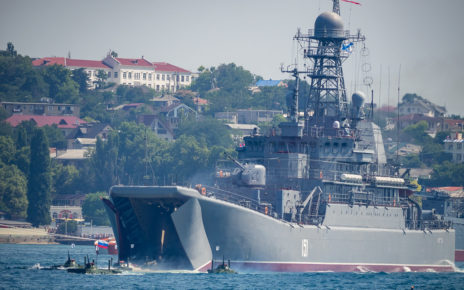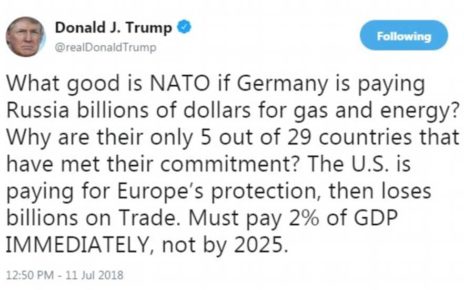Since the announcement of the proposed Iran nuclear deal, there has been much speculation on how Iran’s economic and political dealings with various global powers would be affected. Perhaps the most intriguing geopolitical consequence of a consummated deal would be its influence on the relationship between Iran and Russia.
The most obvious effect of the potential deal would involve the Russian energy sector. Russian oil exports to Europe will likely take a hit, as oil companies in Europe will be eager to establish exploration and production contracts in Iran, and establish a foothold in the newly opened area by buying large amounts of Iranian crude oil. At the same time, the flood of Iranian oil and natural gas will drive global prices down, hurting an already beleaguered Russian economy that is heavily reliant on the energy industry.
However, Moscow may also reap economic benefits from the agreement, particularly with the eventual removal of the Iranian arms embargo in five years. Russian arms manufacturers already have strong ties within Iran, and would be poised to tap into a potentially lucrative market with the opening of the country to arms imports. Igor Korotschenko, the head of the Moscow-based Center for Analysis of World Arms Trade recently estimated that Iran would need US $11-13 billion worth of Russian arms in the coming years, a demand that Russian arms companies would be eager to fill.
Politically, Russian and Iranian relations would likely continue to be strong, as the countries have only increased their collaboration in the Middle East since talk of the agreement began. After a July meeting in which the leader of Iran’s Quds Force, General Qassem Suleimani, and President Putin reportedly discussed working together to provide further backing for the Assad regime and to coordinate efforts against ISIS, the two powers have greatly increased their presence in the region. In recent weeks, both Iran and Russia have increased their military aid to the regime, deploying troops, sending weapons, providing aerial surveillance drones and fighter jets to bolster Syrian government forces.
Tehran and Russia’s partnership in Syria seem to be only one part of a broader movement to strengthen military ties, an especially logical move on Russia’s part considering the country’s increasing isolation from the West over the Ukraine issue. Since Russia and Iran are both surrounded in the Middle East and Eastern Europe, with states opposed to the aggressive tactics of the two regimes, a robust relationship between the neighboring powers makes sound geopolitical sense.
Two examples of military cooperation have highlighted the newfound partnership. In January 2015, Iran and Russia signed a military cooperation agreement stating that the two powers would engage in “long term and multifaceted” military cooperation. In August 2015, Moscow sent two Russian warships to the Iranian port of Anzali, where they participated in drills and naval war games with Iranian ships and their crews, further demonstrating the strengthened ties between the two militaries. A similar event is scheduled in October, where Iranian vessels will conduct exercises on a Russian base.
Although Russian business may be threatened by new competition in the energy industry as a result of the proposed nuclear deal, Tehran and Moscow have signalled through their military activities that their cooperative relationship will continue. For the U.S. and other Western countries, the close collaboration between Russia, a country that has fostered tension in Eastern Europe through its aggression in Ukraine, and Iran, a nation that has been known to incite unrest and violence throughout the Middle East using its proxy forces, is understandably concerning.
Yet the Tehran-Moscow relationship may turn out to be a force for stability in the region, as the military buildup in Syria, despite the questionable motives of the two powers, could prove to be a positive bulwark against ISIS. The West would be wise to remain vigilant while recognizing that an alliance of the two regional powers could benefit an area gripped by chaos and violence.

